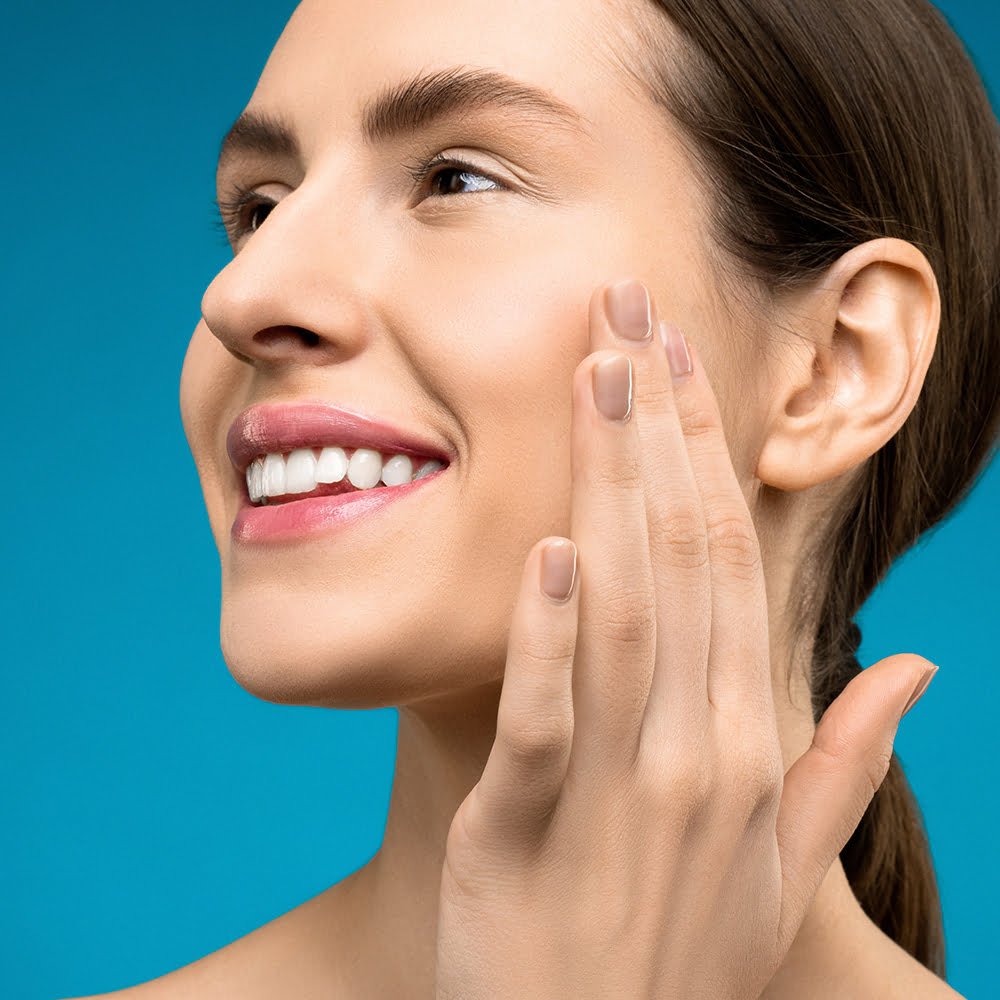Clearly, healthy teeth are key to a bright, radiant smile. But did you know that your dental hygiene can also affect the way you hear? Not many people are aware that dental health and hearing loss are closely related, and that oral health can directly affect how well their hearing systems function. To understand the way dental hygiene and hearing loss are linked, we first need to explore the process of how hearing works.
How Does Hearing Function?
The process of hearing starts with the outer ear. Sound waves enter it and then travel through the ear canal, which leads to the eardrum. The eardrum then vibrates from the incoming sound waves, sending vibrations to the middle ear, where they are amplified.
These vibrations then travel to the cochlea (a snail-shaped structure filled with fluid) and start stimulating the hair cells inside the inner ear, which translate sound waves into electrical impulses and send them to the brain for interpretation via the auditory nerve. Understanding the basic hearing process is essential when exploring the link between dental hygiene and hearing loss, as any disruption-no matter how minor-can impact how we perceive sound.
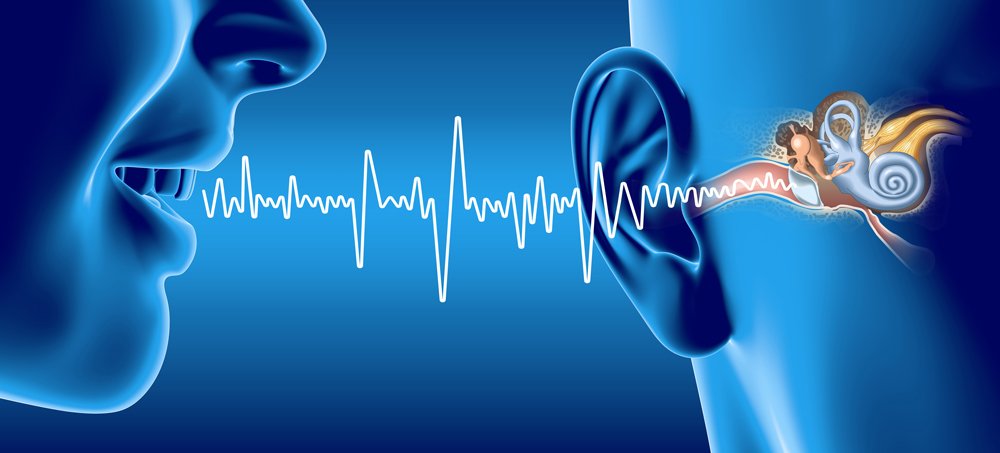
Oral Bacteria
Not brushing/flossing your teeth properly or often enough can lead to various dental issues, including periodontal disease, infections, and abscesses. These can all cause harmful bacteria to proliferate and enter the bloodstream, contributing inflammation and restricted blood flow-one of the underlying connections between dental hygiene and hearing loss.
narrowing of the blood vessels, including those responsible for hearing.
If the blood flow to the inner ear cells becomes disrupted, the cells can become permanently damaged, leading to hearing loss.
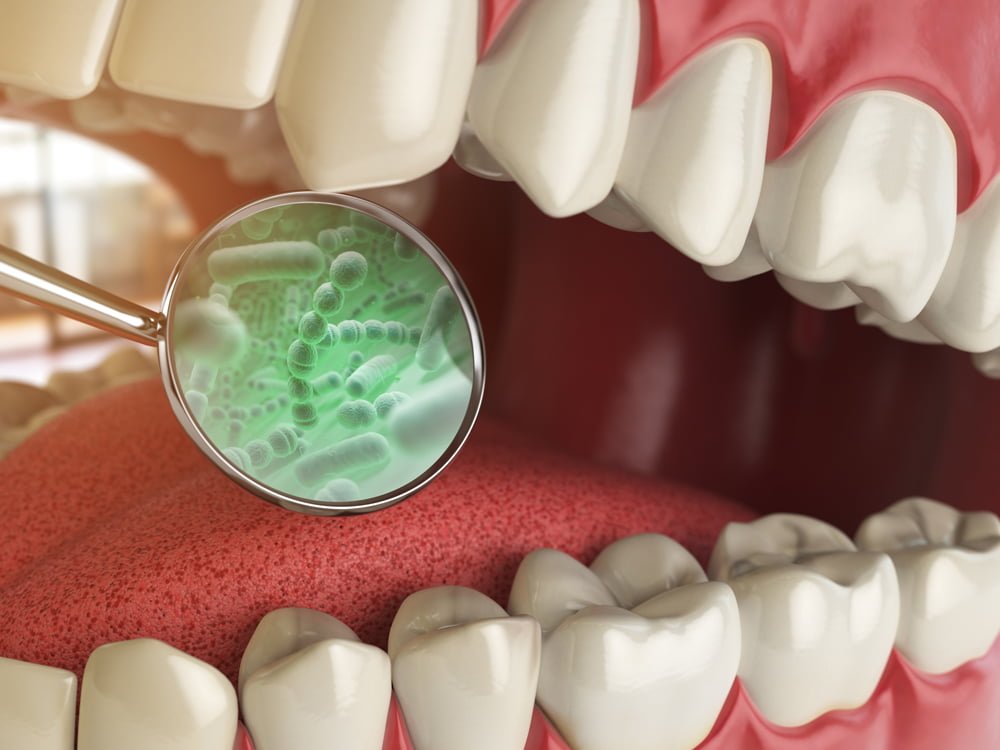
Wisdom Teeth
Molars can cause pain, headaches, and earaches when they begin growing. If they become impacted, they can result in infections, and eventually- inflammation. Once again, inflammation can cause the blood vessels to narrow and interfere with the blood flow to the cells inside the inner ear, disrupting your ability to hear.
TMJ Disorder
TMJ Disorder, also known as temporomandibular joint disorder, is a condition that affects the movement of the jaw (mandible). The temporomandibular joint links the jaw to the skull, and TMJ disorder occurs when the joint becomes inflamed. This can be severely painful, making eating and speaking challenging.
This condition can cause a specific type of hearing loss known as TMJ hearing loss, again occurring due to inflammation-a lesser known but important factor in the link between dental hygiene and hearing loss. What is more, the nerve pain signals can reach the inner ear nerve pathway, causing the ear to react by contracting the muscles, affecting the natural opening and closing of the Eustachian tube and leading to a build-up of pressure in the ear.
Thankfully, TMJ loss is not typically permanent and can usually be treated by your local dentist.
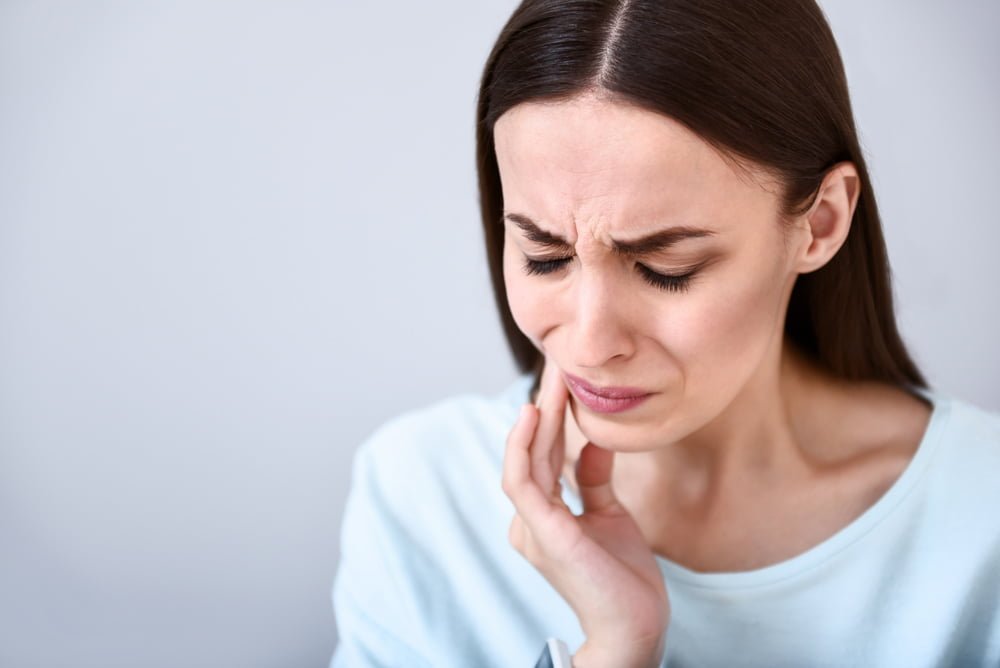
How to Prevent Dental Hygiene and Hearing Loss from Being Connected
Preventing bacteria from building up inside the mouth cavity, causing inflammation and damaging your hearing, begins with keeping a good dental hygiene. Don’t forget to brush your teeth twice a day, preferably after meals, and floss at least once. If you think you might have TMJ disorder, make sure to consult your local dental professional.
What If You Already Have Hearing Loss?
If you think your hearing has already been impacted, early diagnosis and treatment are essential. The treatment required will depend on the type and level of hearing loss you are suffering from-especially if it may be linked to dental hygiene and hearing loss issues. Make sure to book an appointment with your local audiologist so that you can receive adequate advice as soon as possible.
Once you’ve undergone a diagnostic assessment, your hearing care professional will be able to determine the most suitable form of intervention or cause if dental hygiene and hearing loss issue are connected. In most cases, this will be the use of an appropriate hearing aid. Nowadays, there is a rich variety of models available on the market, and anyone can discover a model to fit their lifestyle and personal preferences.
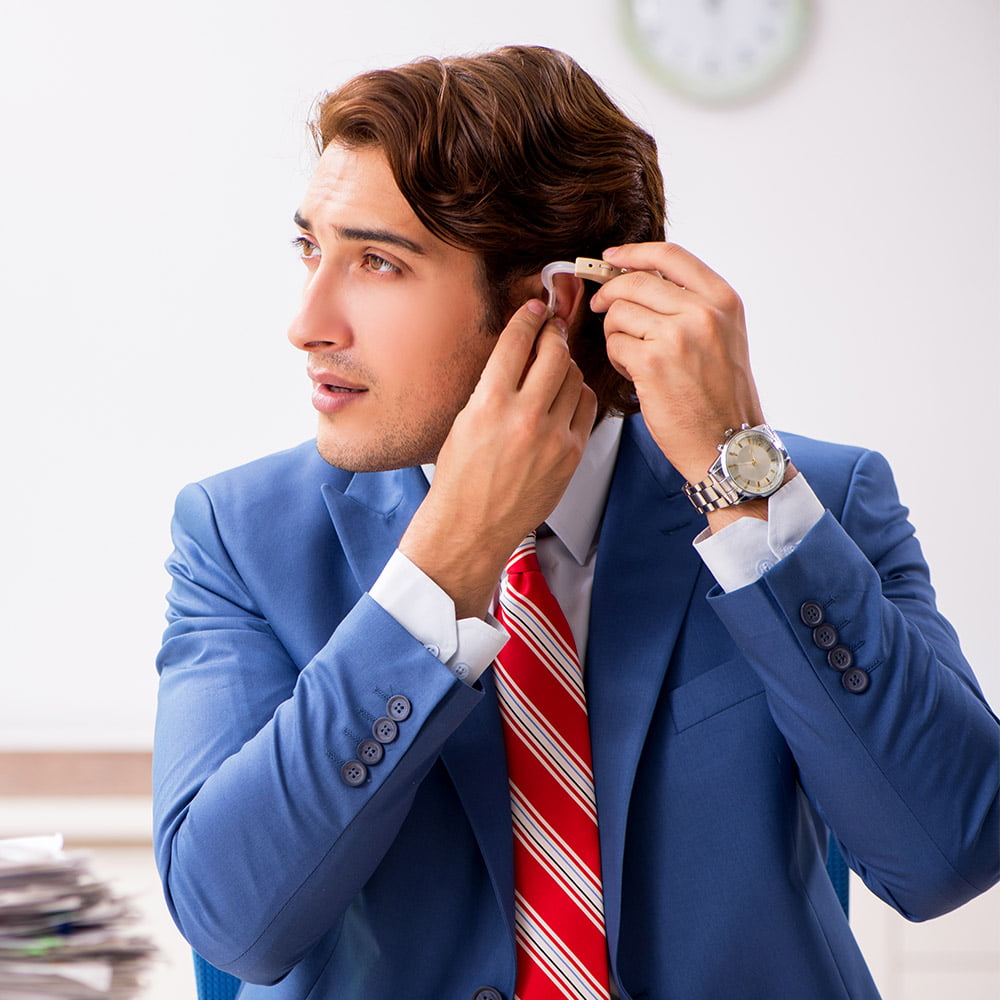
In addition to suitable hearing aids, various assistive listening devices such as FM hearing systems can also be helpful. Hearing Aid Accessories offer a robust range of handy gadgets for those who need a little extra help hearing at the workplace or another type of noisy environment-especially those managing conditions related to dental hygiene and hearing loss. Click here to browse our shop today!

